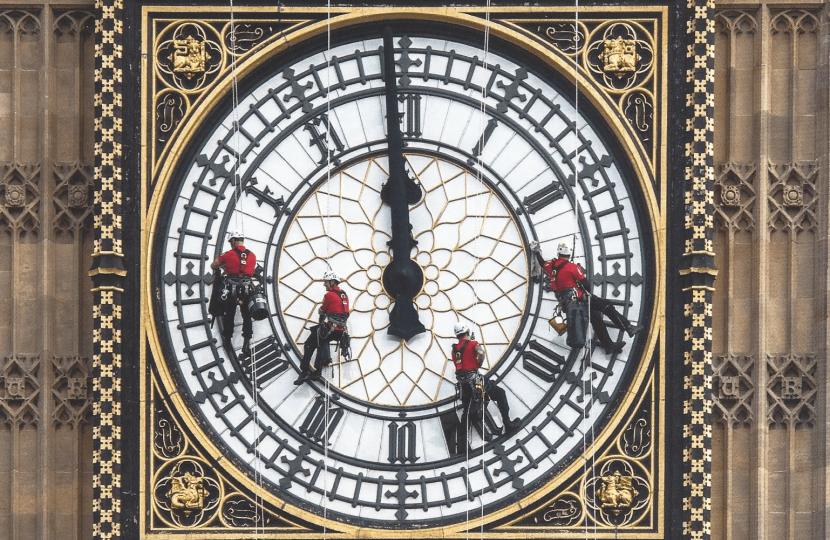
In Scotland, Wales and Northern Ireland, some government policies and public services are different from those in England. The UK central government has given certain powers to devolved governments, so that they can make decisions for their own areas.
Following referendums in Scotland and Wales in 1997, and in both parts of Ireland in 1998, the UK Parliament transferred a range of powers to national parliaments or assemblies.
The Scottish Parliament, the National Assembly for Wales and the Northern Ireland Assembly were established, and took control in 1999. The arrangements are different in the three parts of the country, reflecting their history and administrative structures.
The UK government remains responsible for national policy on all matters that have not been devolved, including foreign affairs, defence, social security, macro-economic management and trade.
It is also responsible for government policy in England on all the matters that have been devolved to Scotland, Wales or Northern Ireland.
The UK Parliament is still able to pass legislation for any part of the UK, though in practice it only deals with devolved matters with the agreement of the devolved governments.
Within the UK government, the Secretaries of State for Scotland, Wales and Northern Ireland are responsible for the Scotland Office, the Wales Office and the Northern Ireland Office.
They ensure that devolution works smoothly, and help to resolve any disputes. They represent their parts of the country in UK government, and represent the UK government in those parts of the country.
Most contact between the UK government and the devolved administrations takes place between the individual government departments that deal with particular matters.
Scotland
The Scottish Parliament debates topical issues and passes laws on devolved matters affecting Scotland. It also scrutinises the work and policies of the Scottish Government.
It is made up of 129 elected Members of the Scottish Parliament (MSPs), and meets at Holyrood in Edinburgh. The Scottish Government (formerly known as the Scottish Executive) is the devolved government for Scotland. It develops and implements policy, and is accountable to the Scottish Parliament.
It is responsible for many issues, including health, education, justice, rural affairs and transport. Led by the First Minister, it is made up of Cabinet Secretaries and Ministers.
Wales
The National Assembly for Wales is the representative body, with law-making powers on devolved matters. It debates and approves legislation.
The role of the Assembly is to scrutinise and monitor the Welsh Assembly Government. It has 60 elected members and meets in the Senedd.
The Welsh Assembly Government is the devolved government for Wales. It develops and implements policy, and is answerable to the National Assembly.
Led by the First Minister, it is responsible for many issues, including health, education, economic development, culture, the environment and transport.
Northern Ireland
The Northern Ireland Assembly was established as part of the Belfast Agreement (also known as the Good Friday Agreement) in 1998. Devolution to Northern Ireland was suspended in October 2002 and restored on 8 May 2007.
The Assembly debates and makes laws, and scrutinises and makes decisions on the work of the Northern Ireland government departments.
It is made up of 108 elected Members of the Legislative Assembly (MLAs), and meets in Parliament Buildings at Stormont in Belfast.
The Northern Ireland Executive is the devolved government for Northern Ireland. It is responsible for many issues, including economic and social matters, agriculture and rural development, culture, arts, education, health, social services and public safety.
The Executive Committee meets to agree on significant issues, and puts forward proposals for new laws for the Assembly to consider. It is made up of the First Minister and deputy First Minister, and the ten ministers for the government departments.
All three devolved bodies held elections on May 5th for their respective members and new administrations were formed. Wales also voted recently in favour of assuming increased powers transferred from Westminster. With a majority SNP Government in Scotland for the first time it is also likely that there will be a referendum, or possible series of referendums, in due course to decide on whether Scotland should go for full independence.
